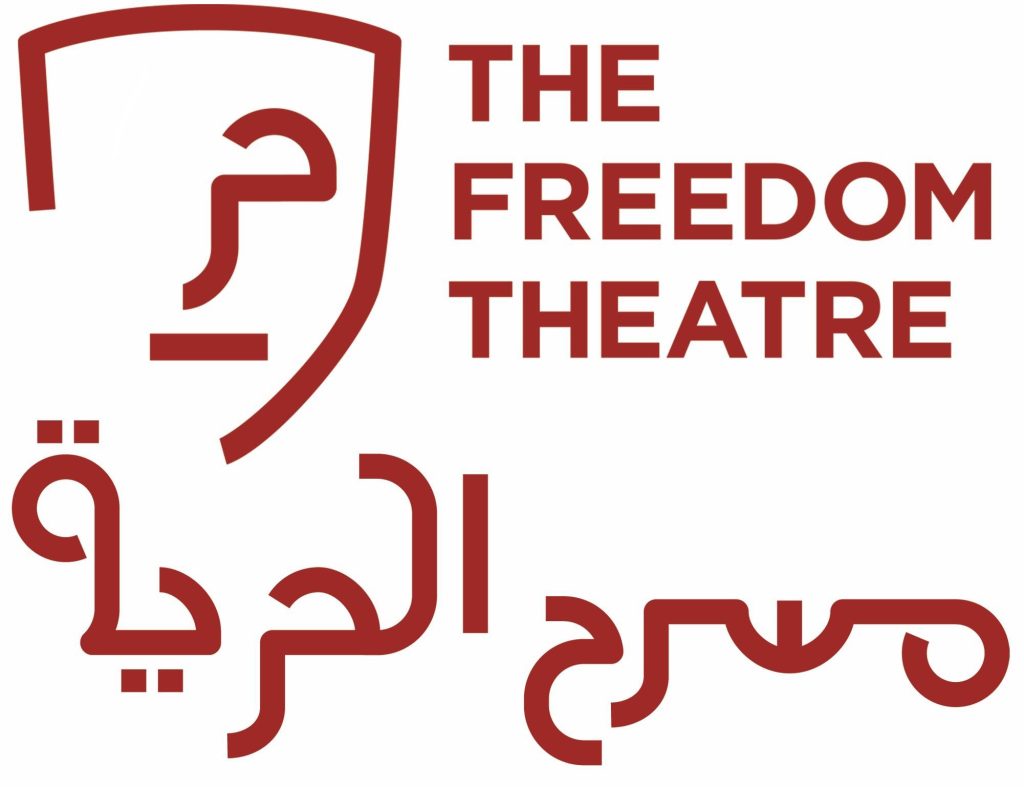Overview
2012 was a landmark year for The Freedom Theatre (TFT), marked by expansion, deepened community engagement, international collaborations, and increased visibility of Palestinian cultural resistance. TFT solidified its dual mission: nurturing a new generation of Palestinian artists and using theatre as a tool for social change, trauma recovery, and political resistance.
Key Programmatic Areas
1. Theatre Productions and Acting School
-
In-house productions such as The Caretaker (Harold Pinter) and Will-Power (Shakespeare) showcased the growth and artistic maturity of Acting School students.
-
Stolen Dreams, developed by the youth drama group, traveled to Berlin, amplifying the voices of Palestinian prisoners to international audiences.
-
Co-production of Senora Carrar’s Rifles honored Juliano Mer Khamis and emphasized theatre as a tool of resistance and remembrance.
Impact:
-
11 in-house performances with an audience of 1680.
-
Integration of classical Western texts into local contexts helped bridge global theatre traditions with the Palestinian narrative.
-
Strong mentorship and international artistic collaboration (e.g., with Diane Trevis and Gary English).
2. Applied Theatre & Freedom Bus Project
-
The Freedom Bus became a mobile platform for storytelling and resistance, notably with the September Freedom Ride—a moving theatre piece on wheels visiting the most oppressed areas in the West Bank.
-
Playback Theatre troupe gave 39 performances (audience: 2762), including in Tahrir Square, Cairo, responding to the Arab Spring and regional solidarity.
Impact:
-
Created communal healing through storytelling and improvisational theatre.
-
Addressed collective trauma and gave communities tools to reclaim their narratives.
-
Connected Palestinian struggles to broader regional movements.
3. Drama for Conflict Transformation and Trauma Response
-
Workshops trained 33 professionals in psychodrama and trauma therapy, supporting long-term psychosocial resilience in Palestinian society.
Impact:
-
Capacity-building for local professionals in trauma-informed practices.
-
Created sustainable support networks for communities affected by conflict.
4. Education: Acting, Drama in Education, and Multimedia
-
Acting School trained six students in a rigorous 3-year program integrating voice, text, movement, and community engagement.
-
Drama in Education reached 22 educators, bringing drama into classrooms, especially for children with special educational needs.
Multimedia Initiatives:
-
Creative Writing (20 participants) resulted in two issues of Voices magazine.
-
Photography workshops (22 participants) culminated in digital exhibitions and international showcases (Savannah, Georgia & Toronto).
Impact:
-
Empowered youth to express themselves through writing and visual media.
-
Bridged artistic production with critical literacy and documentation of real-life stories.
-
International exposure helped counteract dominant media narratives on Palestine.
5. Community Engagement and Outreach
-
TFT worked in 19 communities beyond Jenin, using theatre and video conferencing to overcome isolation and foster solidarity.
-
Hosting of 15 performances from both local and international artists, diversifying cultural exposure in Jenin (audience: 2532).
Impact:
-
Enhanced cross-cultural collaboration and artistic dialogue.
-
Reaffirmed TFT’s role as a cultural hub in the region.
6. Institutional Growth
-
New branding: A redesigned logo incorporating Islamic art and the Palestinian flag symbolized TFT’s inclusive identity.
-
Website upgrade: Improved online presence, archiving, and accessibility.
-
Capacity building: Staff trained abroad in artistic and administrative areas, supporting professional growth and organizational resilience.
Themes and Messages
-
Resistance through Art: Theatre is not merely entertainment but a vehicle for political awareness, resistance, and social transformation.
-
Community Empowerment: Every program — whether in acting, drama therapy, or photography — is grounded in the belief that storytelling builds agency.
-
Healing and Solidarity: Trauma recovery, international tours, and collaborative projects reinforce that collective healing and resistance are intertwined.
-
Art as Identity: From exploring Shakespeare to documenting prisoner stories, TFT promotes cultural pride and critical self-reflection.
International Reach and Solidarity
-
Collaborations with universities (e.g., Yale, Brandeis), theatres in Sweden, Germany, and Egypt, and visits from global supporters underline a strong transnational network.
-
Friends Associations across Europe and North America played a vital role in advocacy and fundraising.
Looking Forward to 2013
Key plans:
-
Productions of The Island and other major works.
-
Establishment of a Film Unit to tell Palestinian stories through cinema.
-
New photography courses and expanded Freedom Ride events.
-
Continued growth of writing programs and wider distribution of Voices magazine.
Conclusion
In 2012, The Freedom Theatre deepened its artistic excellence while broadening its impact across Palestinian society and beyond. It stood at the crossroads of art, activism, education, and healing, offering a bold model for cultural resistance under occupation. TFT didn’t merely perform theatre—it lived it, in classrooms, refugee camps, international festivals, and political frontlines.
Read our Annual Report 2012

